Will the taxing of EVs put you off all electric driving?
Drivers of electric cars will have to pay Vehicle Excise Duty (VED) for the first time from April 2025, under new plans from the Chancellor Jeremy Hunt.
Hunt described his plans as making the motoring taxation system “fairer”.
Drivers of fully electric, zero emissions vehicles have always been free from paying the road tax, designed to encourage drivers to make the switch to eco-friendly motoring.
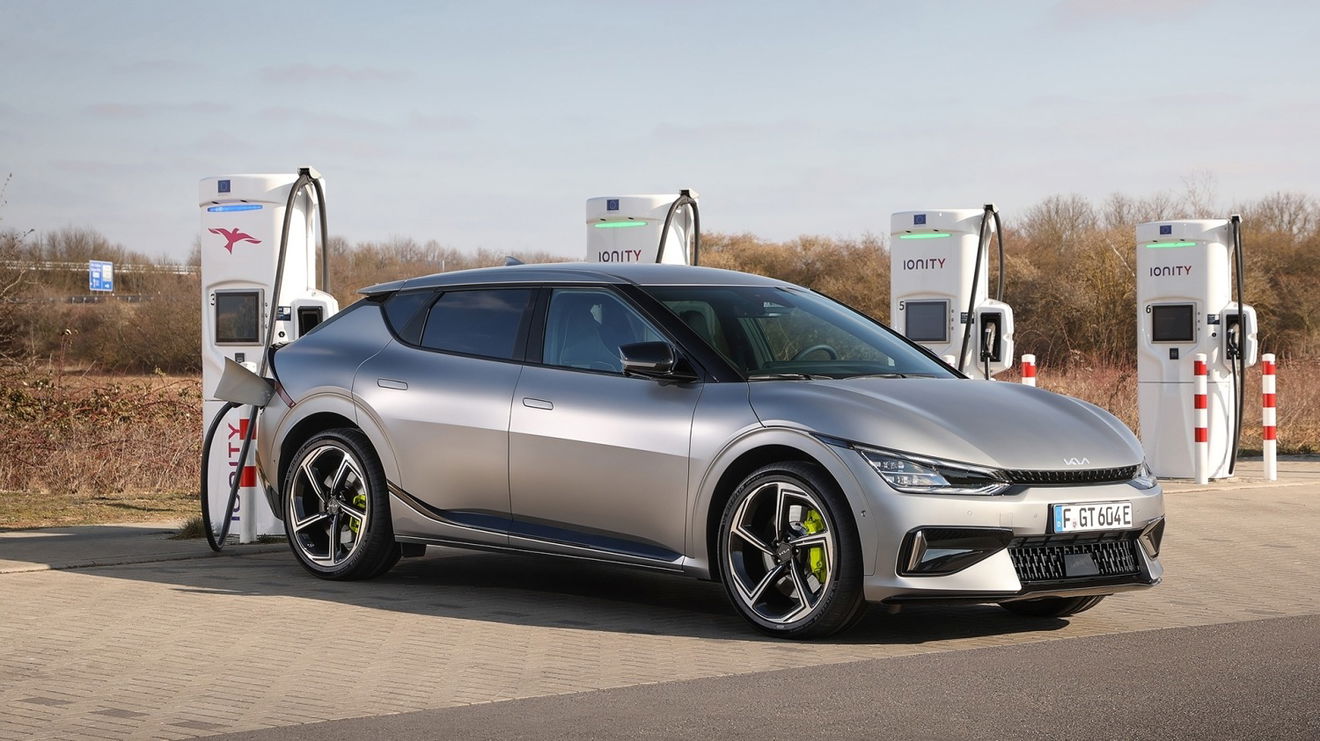
In the recent Autumn Statement, the Treasury announced that drivers of electric cars, vans and motorbikes will have to pay the standard VED rate of £165 each year. This applies to everything registered since 1st April 2017.
Those electric vehicles (EVs) registered from April 2025 will pay just £10 in its first year. They will then qualify for the annual standard rate from the second year onwards.
Sales of new cars with a diesel or petrol engine will be banned in the UK from 2030.
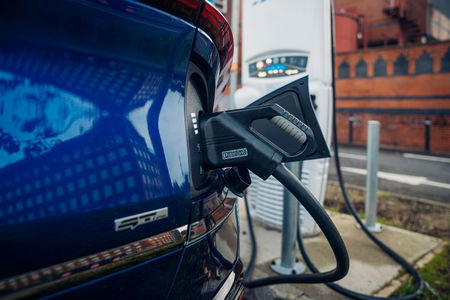
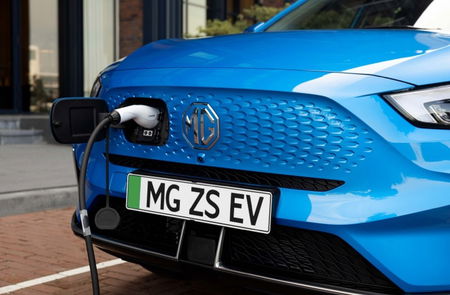
Mr Hunt reasoned the forthcoming changes by explaining that electric motoring will become the norm in coming years.
“Because the Office for Budget Responsibility forecasts half of all new vehicles will be electric by 2025, to make our motoring tax system fairer I've decided that from then, electric vehicles will no longer be exempt from vehicle excise duty,” he said.
However, the move has been met with a mixed reaction from automobile groups and motoring journalists.
Head of Policy at the RAC, Nicholas Lyes, however, argued in favour of the changes. “After many years of paying no car tax at all,” he said, “it's probably fair the government gets owners of electric vehicles to start contributing to the major upkeep of major public roads from 2025.
“Vehicle excise duty rates are unlikely to be a defining reason for vehicle choice. We don't expect this tax change to have much of an effect on dampening the demand for electric vehicles given the many other cost benefits of running one.”
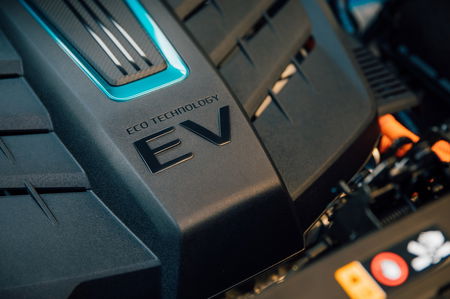
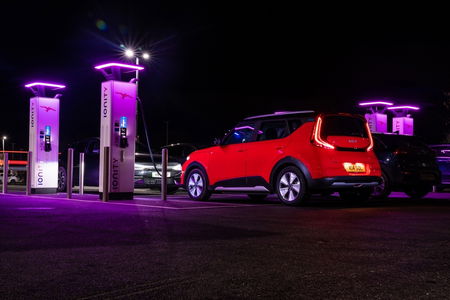
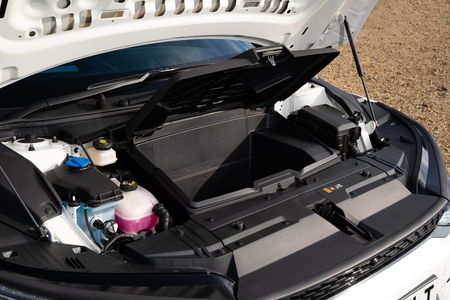
The most common criticism of Hunt's plan is that it will make electric driving less attractive to car buyers. This comes at a time when the need for environmentally friendly driving is at an all-time high.
The massive increase in petrol and diesel prices has also been a major factor for drivers making the switch to electric. It was recently announced that fuel costs is the biggest worry among drivers in 2022.
Edmund King, president at the AA, said: “This may delay the environmental benefits and stall the introduction of EVs onto the second-hand car market. Unfortunately, the Chancellor's EV taxation actions will dim the incentive to switch to electric vehicles.”
Kia Motors has an ever-growing roster of hybrid, plug-in hybrid, and fully electric vehicles that you can find here at Chapelhouse. They also agreed that the new EV tax was “at odds with the country's net-zero ambitions”. The UK aims to have a carbon footprint of net-zero by 2050.
EV registrations in the UK have increased by almost 50% to date this year compared to those in 2021, according to the Society of Motor Manufacturers and Traders (SMMT).
MG Motor UK recently thanked their increasing popularity among UK drivers due to their electric vehicle line-up, including the MG4, MG5 and ZS EV.
It remains to be seen whether the current rate of EV sales will continue at such a high trajectory thanks to the new plans.
Despite this, there are still many excellent benefits of electric driving. These include no CO2 emissions, low running costs, fast charging times, huge driving ranges, and the ability to use your EV as its own independent charging point.
Do you have enquiries about EVs?
Our friendly and knowledgeable team are on hand to answer any questions regarding electric driving.
Get In Touch





